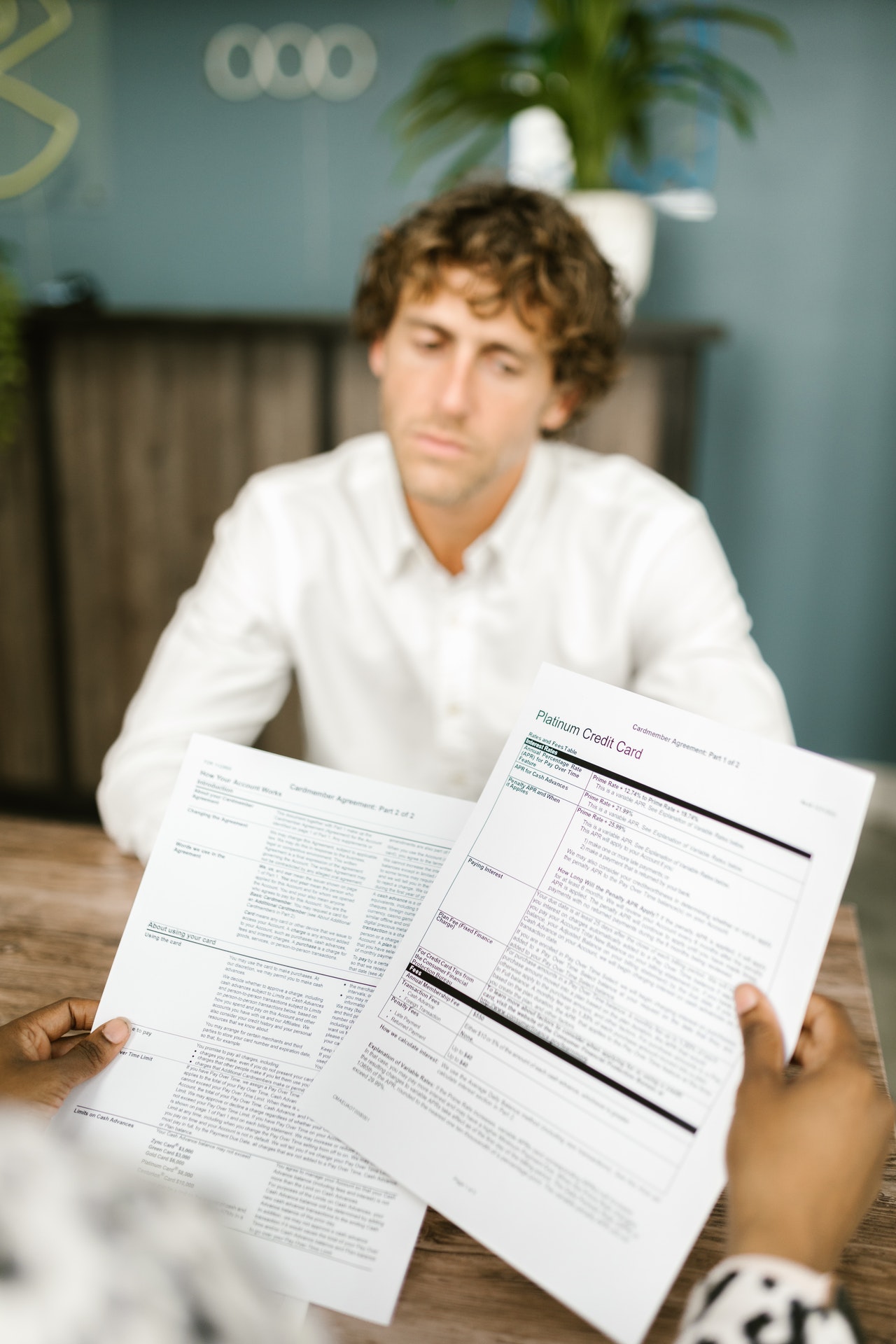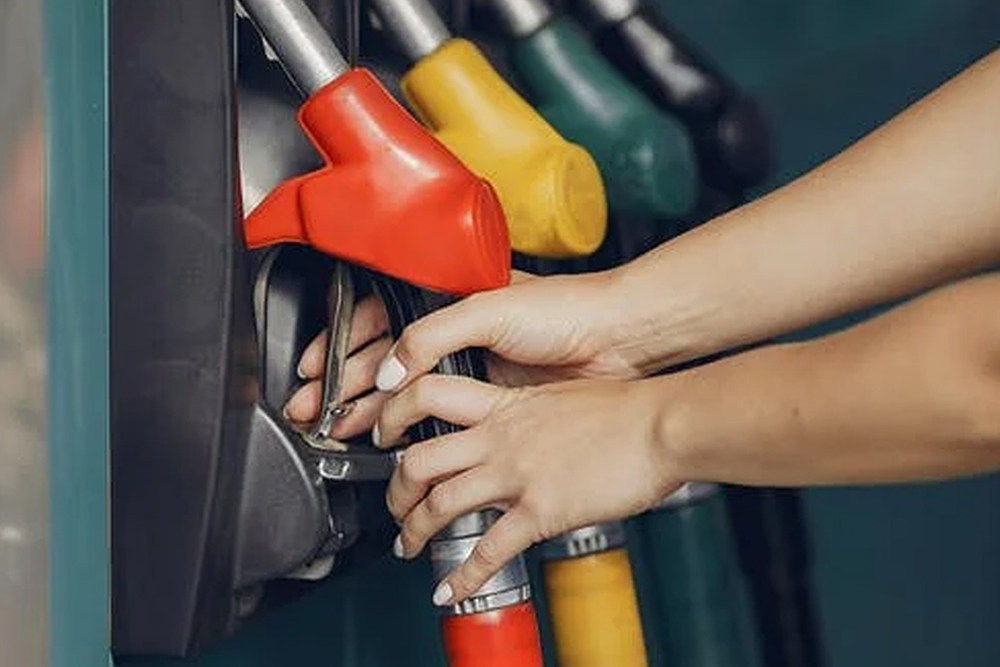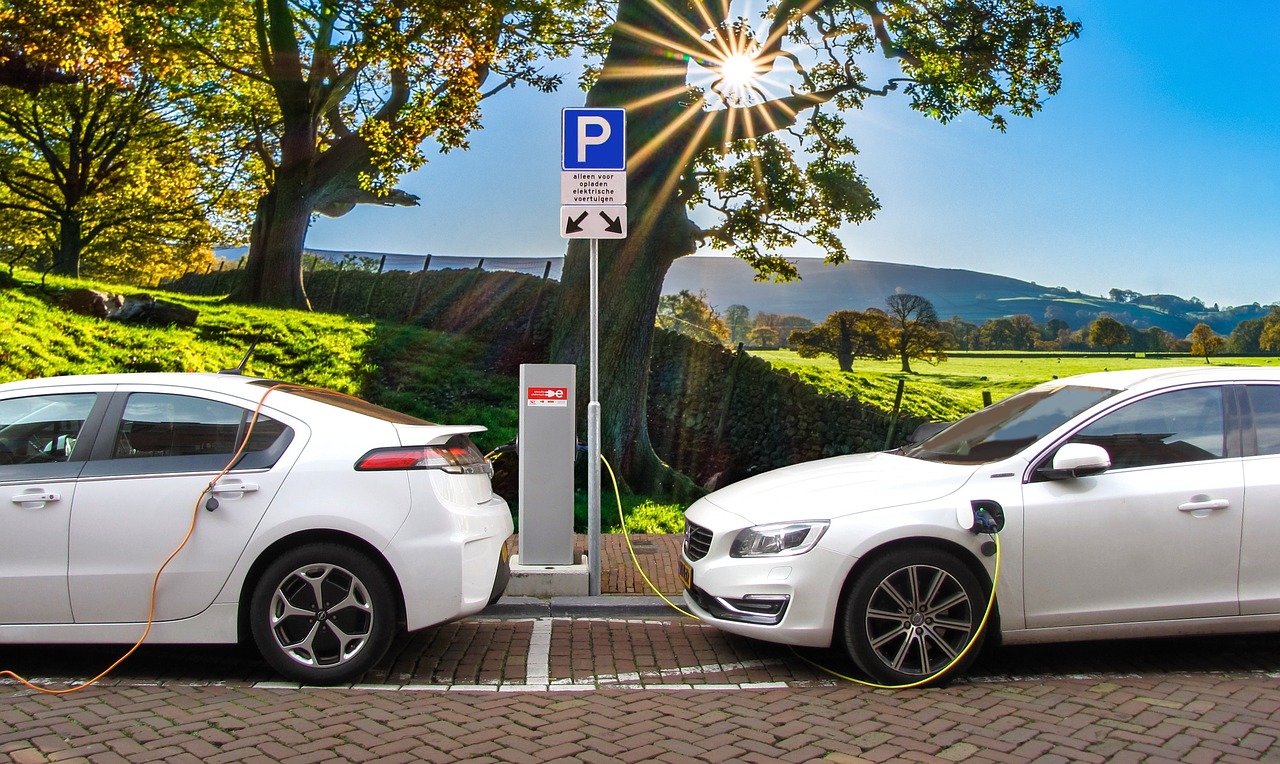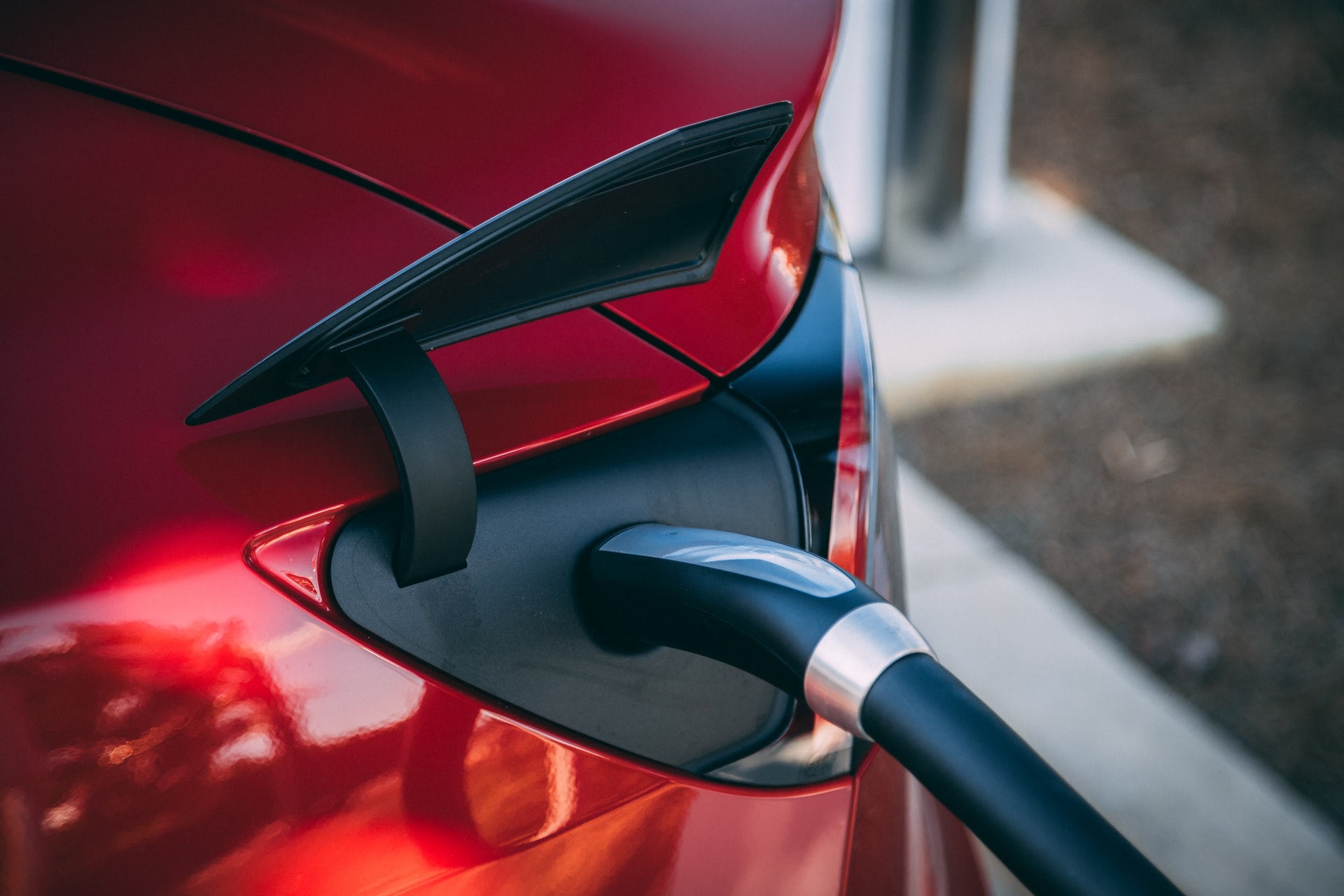
Roman Danaev
Yes, yes you can. And it might be simpler than you think.
If you’re still making payments on your car but already eyeing something new, part-exchanging could be a way forward. It’s a common route for drivers with existing finance — and no, you don’t have to wait until the end of your agreement.
In this guide, you’ll find out how part-exchange works when there’s still finance left to pay. We’ll explain what a settlement figure is (the remaining balance), how your car’s current value affects the deal, and what to do next.
It's not just doable — it can be smooth. (And no, you’re not the only one asking this.)
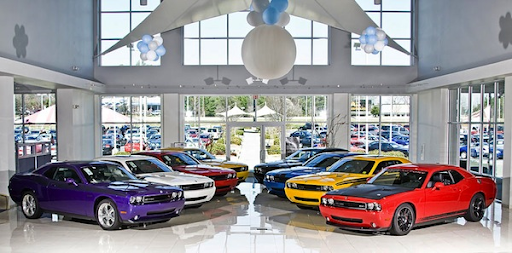
What is part-exchange on a car?
Part-exchange is when you swap your current car for a new one, and use the value of your old car to cover part of the cost. Simple, right?
Instead of selling your car privately, you hand it over to the dealer. They’ll reduce the price of your next car based on what yours is worth. No adverts. No strangers knocking at your door. No waiting around.
Find car finance deals with the best rates!
Get a quoteHow do I part-exchange my car on finance?
This section will walk you through the process of how to part-exchange your car. Follow the steps below for a painless part-exchange process!
Check your current finance agreement
Start by looking at your current car finance agreement. You need to know exactly how much is left to pay before you can part-exchange.
Ask your lender for a settlement figure. It is the amount you need to pay to end your agreement and take full ownership of the car. The lender calculates it by taking your original loan amount and subtracting your deposit and any monthly payments already made.
And don't worry, you don’t have to figure it out alone. Most lenders can give you a settlement figure quickly, usually within a day or two.
Ask the car dealer for a valuation of your vehicle
Now that you’ve got your settlement figure, it’s time to check your car’s current value. Speak to the dealership where you’d like to do the part-exchange and ask how much they’ll offer. It’s just a valuation, not a final deal.
And here’s the good part: you don’t have to accept anything you’re not happy with. Take your time. Compare a few offers. Make sure the deal feels right for you.
Let your dealer arrange the rest
Once you’ve accepted an offer you’re happy with, the rest is simple. Your dealer will guide the final part of the process. No chasing or admin on your end.
You’ll just need to hand over a few documents: the car’s service book, any manuals, and your lender’s details.
From there, the dealer will contact your finance company, arrange the settlement, and confirm the transfer. Job is done.
Can you expect a car dealer to settle your car finance?
Yes, they can, and most do. Once you accept an offer, the dealer can contact your lender directly and arrange to pay the settlement figure.
They’ll need your finance provider’s details and a few documents, like your V5C and the service history.
It takes the pressure off you. And it keeps the part-exchange process smooth from start to finish.
How do part-exchanges work with PCP contracts?
So, you’ve got a PCP contract . And now you want to swap the car. Here’s how it work, it’s not too complicated.
The dealer checks your car’s value, compares it with your settlement figure (that includes the balloon payment- the large lump sum due at the end of the contract.), and works out the difference.
If the car’s worth more than what you owe, that extra amount is called equity. That’s the extra amount left after the finance is cleared. You can use it as a deposit on your next finance deal. Handy, right?
Now, not every PCP deal ends with equity. Some do. Some don’t. Cars drop in value, it’s normal. But most lenders structure the deal so the car should be worth more than the balloon payment by the end. Usually. Not always.
Oh, and if you’re trying to exit early? Double-check your contract. Some lenders charge early termination fees. Others roll it into the settlement. Just don’t get caught off guard.
Anyway, back to the part-exchange, the dealer handles most of it. You just bring the car, the paperwork, and your lender’s details. The rest falls into place pretty quickly.
Can you part-exchange a car on an HP contract?
You may be wondering if you can part-exchange cars on HP car finance deals as well. You can! The process is basically the same as with PCP contracts.
Can you part-exchange a car with outstanding finance?
Sure, you can part-exchange a car on HP (Hire Purchase) just like you can on PCP. The process feels almost identical, but there’s one key difference: HP doesn’t include a balloon payment at the end.
Once you’ve paid off the settlement figure, the car is yours. If it’s worth more than you owe, you can use the difference as a deposit for your next vehicle.
Can you part-exchange a car with outstanding finance?
Yes, it’s possible to part-exchange a car with outstanding finance. Once you’ve agreed a deal, the dealer will use your car’s value to clear what’s left on your finance. If there’s a bit left over, it can go towards your next car. If there’s a shortfall, you’ll need to cover the difference. Simple. No need to wait until the contract ends.
Which documents should I bring when I part-exchange my car on finance?
When you part-exchange your car, you’ll need to bring some documents with you for the dealer.
Make sure that you have:
- Your vehicle logbook (V5C).
- Your car’s MOT certificate.
- Any spare sets of car keys.
- Any service history records you have.
It’s a good idea to get these documents together well in advance so that you can be sure you’re fully prepared to part-exchange your car.

What does it mean if you’re in negative equity?
Negative equity means you owe more on your car than it’s currently worth. It happens especially early in a finance agreement. And it makes part-exchanging a bit trickier.
If your car’s value doesn’t cover your settlement figure, you won’t have anything left to put towards your next deal. In fact, you’ll still owe money. Some dealers offer to include that shortfall in your new finance agreement. Sounds convenient, right? But there’s a catch.
You’ll borrow more, pay more interest, and take longer to clear the balance. It also raises the risk of falling into deeper negative equity later on. Not ideal.
You could wait until the finance balance catches up with the car’s value — or make a few extra payments to reduce what you owe. Then you’ll have a clean start and a better deal on your next car. Or wait till you’re in a positive equity or try to pay off this money to trade your car in.
Advice for part-exchanging a car on finance
Once you’ve decided to go ahead and part-exchange a car on finance, it helps to stay one step ahead. A few simple checks can make the whole process smoother and save you money along the way.
Compare car sales for similar models
Start by checking what your car’s worth. Look at listings for the same make, model, year, and mileage. The closer the match, the more accurate your estimate.
Focus on what similar cars actually sell for, not what sellers ask. That gives you a realistic starting point when speaking to dealers.
Ensure your car looks attractive
To ensure that you get the highest valuation possible, you should make sure that your car looks as appealing as you can make it. Clean your car thoroughly, both inside and out; buff out any scratches in the paintwork; replace any broken parts. When a car needs to spend time with a mechanic before it can be sold, that instantly makes it less desirable to dealers. If you make sure your car is as attractive as possible, you are much more likely to get a good price for it.
Prepare the relevant paperwork beforehand
Sort out your car’s key documents before making the exchange. That means your V5C, service history, MOT certificate, and finance details.
Keep it all in one folder or envelope. Neat and ready to go. It shows you're organised and makes the handover quicker, which dealers appreciate more than you might think.
Should I part-exchange my car on finance?
It depends on your situation and what you want from your next car. Part-exchanging your car can make life easier, but it isn’t right for everyone. Here’s a quick breakdown to help you decide.
Reasons why you should part-exchange your car
Part-exchanging might be a good option for you if…
- You want to change cars quickly without waiting for your agreement to end
- You’d rather the dealer settle your finance instead of doing it yourself
- The part-exchange offer is stronger than what you'd get selling privately
Reasons why you should not part-exchange your car
Part-exchanging might not be the best option for you if…
- You're close to the end of your finance term and happy to wait
- You know you can get more by selling the car yourself
- You’d fall into negative equity by making the switch.
- You’re unsure about getting approved for a new finance agreement
What alternative options do you have to part-exchanging your car?
Part-exchange isn’t your only option, especially if the numbers don’t work in your favour. If you’re unsure, take a step back and consider these alternatives before committing to a deal.
Don’t immediately part-exchange your car
If you owe more than your car is worth, hold off for now. Part-exchanging in negative equity means you’ll start your next agreement already behind and that increases your monthly costs.
Instead, wait until your finance balance drops or your car holds more value. A few more payments could make a big difference. And when you do switch, you’ll be in a stronger financial position.
Return your car at the end of your finance agreement
Instead of part-exchanging, you can wait until your finance term ends and return the car to the lender. This is common with PCP (Personal Contract Purchase) agreements. You hand back the car and walk away, provided the vehicle meets the mileage and condition limits set in your contract.
Excess mileage or damage can lead to extra charges, so check the terms in advance. This route works best when you don’t want to own the car or take out a new finance deal straight away
Finish paying your car finance before the end of your term
You can also clear your outstanding finance early and sell the car yourself. This suits you best when your car is worth more than your settlement figure — that difference becomes your profit.
Selling privately often takes more time and effort, but it can result in a higher sale price. You’ll have full control over the sale, and you can use the funds as a deposit for your next car.
Conclusion
If you’re financing a car and want to change it, part-exchange gives you a practical way forward. It helps you switch vehicles mid-agreement, settle your finance in one go, and move on without too much hassle.
But it’s not always the right fit. If you’re in negative equity, close to the end of your term, or unsure about new finance, other options might serve you better. You could wait, return the car at the end, or sell it privately, each has its own pros and pitfalls.
What matters is knowing where you stand. Look at your settlement figure. Check your car’s value. Run the numbers. And don’t rush the decision, it’s worth doing properly.
Still unsure? Ask. (Seriously, it’s what we’re here for.) At Carplus, we’ll walk you through the options and help you choose what makes sense: for your car, your budget, and your plans.
Contents
- What is part-exchange on a car?
- How do I part-exchange my car on finance?
- How do part-exchanges work with PCP contracts?
- Can you part-exchange a car on an HP contract?
- Can you part-exchange a car with outstanding finance?
- Which documents should I bring when I part-exchange my car on finance?
- What does it mean if you’re in negative equity?
- Advice for part-exchanging a car on finance
- Should I part-exchange my car on finance?
- What alternative options do you have to part-exchanging your car?
- Conclusion
Latest News
| Loan amount: | £16,000 |
|---|---|
| Length of loan: | 60 months |
| Interest rate: | 12,9% |
| Amount of interest | £5,793.84 |
| Total payment: | £21,793.84 |

